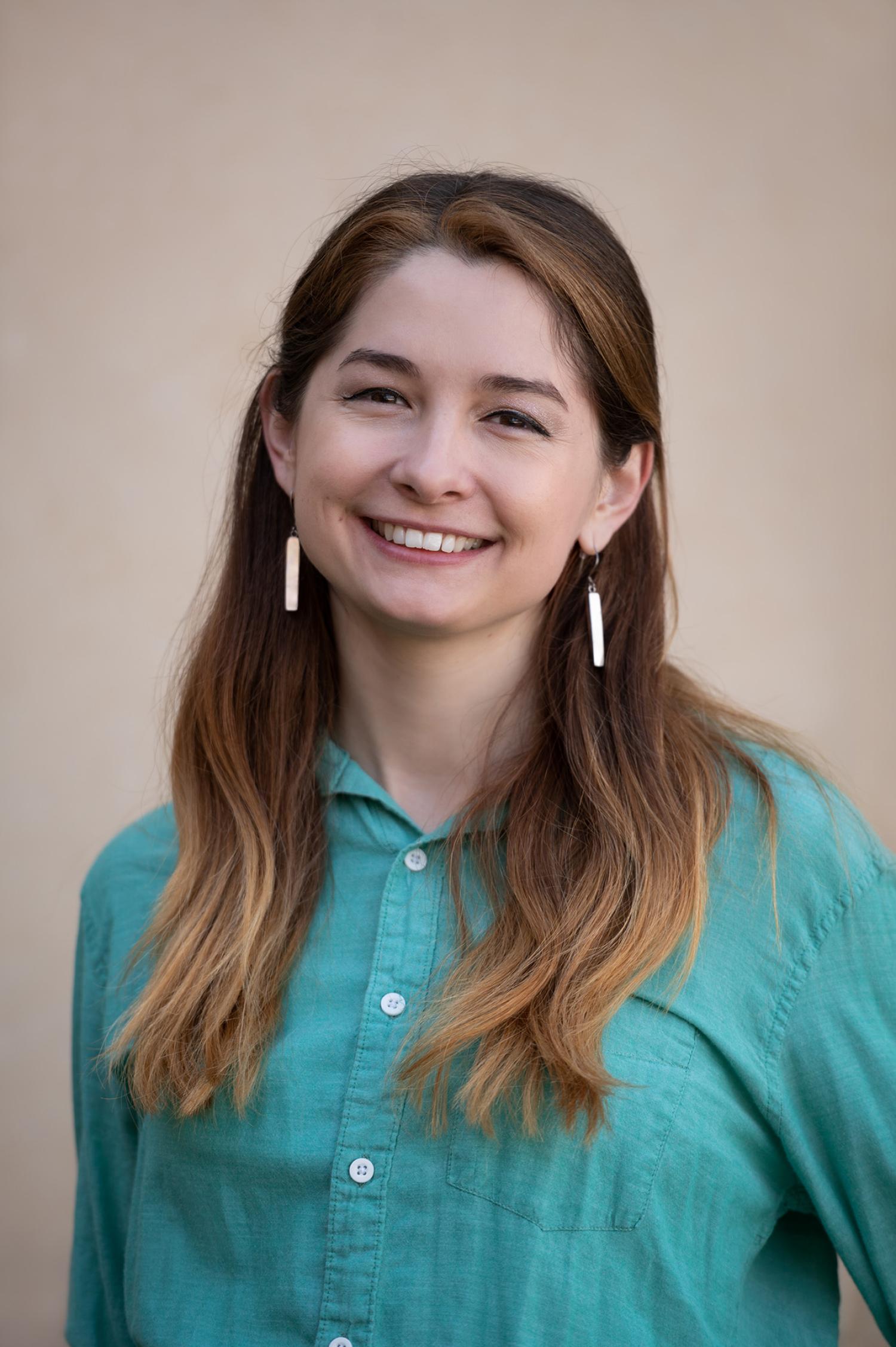Meet 3MT Finalist Lyanna Kessler
The 2024 Three Minute Thesis final competition will be held Feb. 7, from 4 to 6 p.m.
What is the best way to distill a multitude of information into just three minutes?
That’s the question ten graduate students will be wrestling with as part of the Graduate School’s seventh annual Three Minute Thesis (3MT) competition, which will be held in the University Memorial Center’s Glenn Miller Ballroom on Feb. 7, 2024, from 4 to 6 p.m. The event is free and open to the public, but registration is required.
This event challenges students to explain their thesis to the general public. They are then evaluated by a panel of judges from across the university, including College of Arts and Sciences Dean Glen Krutz, College of Engineering and Applied Sciences Associate Dean Charles Musgraves, Professor of Sociology Lori Hunter, and Physics Professor and Nobel Laureate Eric Cornell.
In the days leading up to the event, we’ll be featuring each of the competitors. Today’s is Lyanna Kessler, a doctoral candidate in neuroimmunology (field of science that combines neuroscience, or the science of the nervous system like the brain, and immunology, or the immune system), who’s 3MT presentation’s title is, “Aftershock: When COVID becomes Long COVID.”

If you had to describe your research in one sentence, what would you say?
I love to learn and discover how microbes like bacteria and viruses influence our brain and behavior.
What is your favorite thing about the research you do?
Both the nervous system and immune system interact in intricate ways that have yet to be fully discovered, which makes me excited to contribute to the field. I also feel like microbes have so much character, they can feel like villains with a lot of mystery until we figure out how they work. Their interactions with the immune and nervous systems feel like secret stories. When we learn more about them, it equips us to have better medicine and help people recover from disease more effectively.
What did you do before coming to CU Boulder for graduate school?
I worked as a research technician at the University of Pennsylvania for three years.
What led you to pursue your doctoral degree in your field of study?
I wanted to do research to help further the field of neuroscience. I hope to become a scientist who helps do scientific education for the general public.
What is your favorite food and why?
New York City pizza, there is always a perfect ratio of sauce to cheese.
Tell us a random fact about yourself
I used to be a volunteer scuba diver at the Adventure Aquarium near Philadelphia.
Anything else you'd like to share?
It has always been my dream to participate in 3MT since I was an undergrad. I can’t believe I’m a PhD candidate now! It used to feel so far away.


